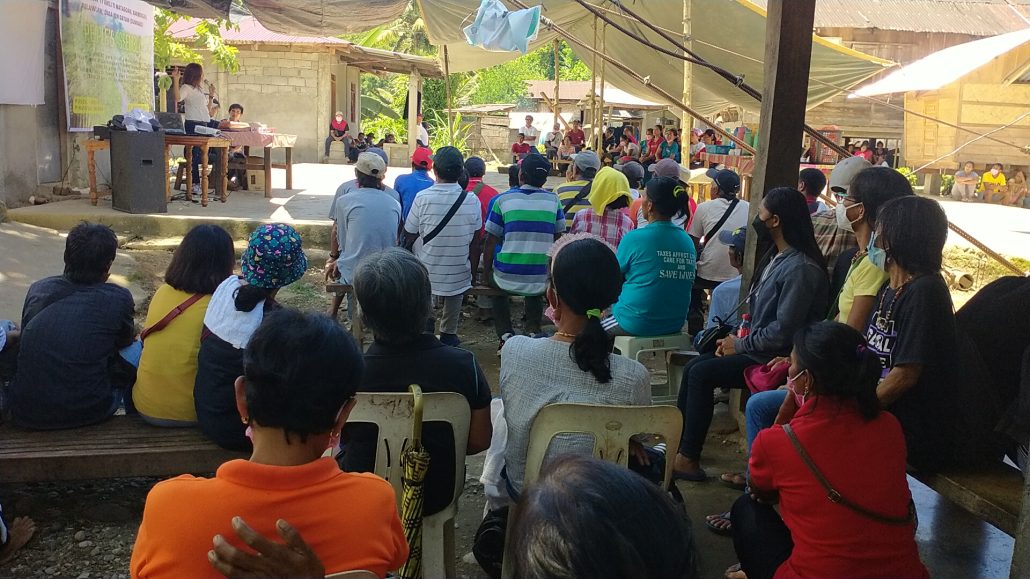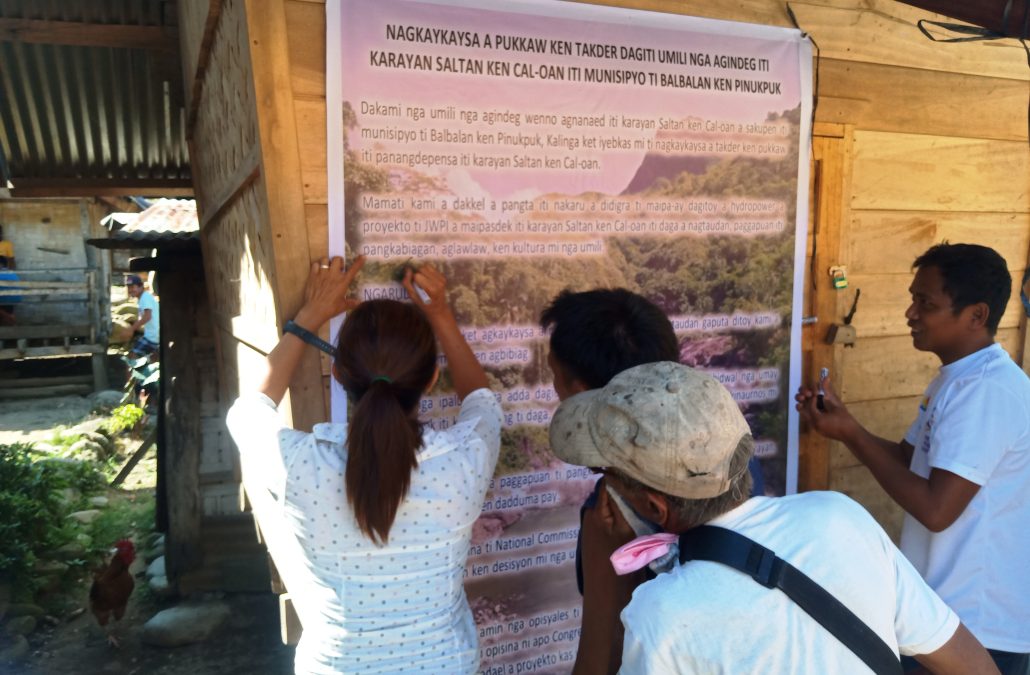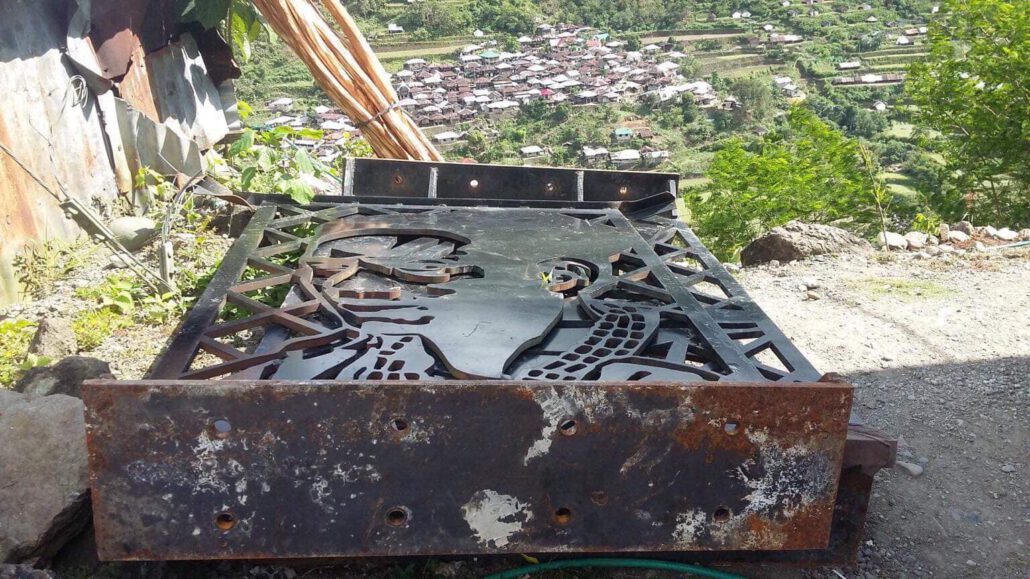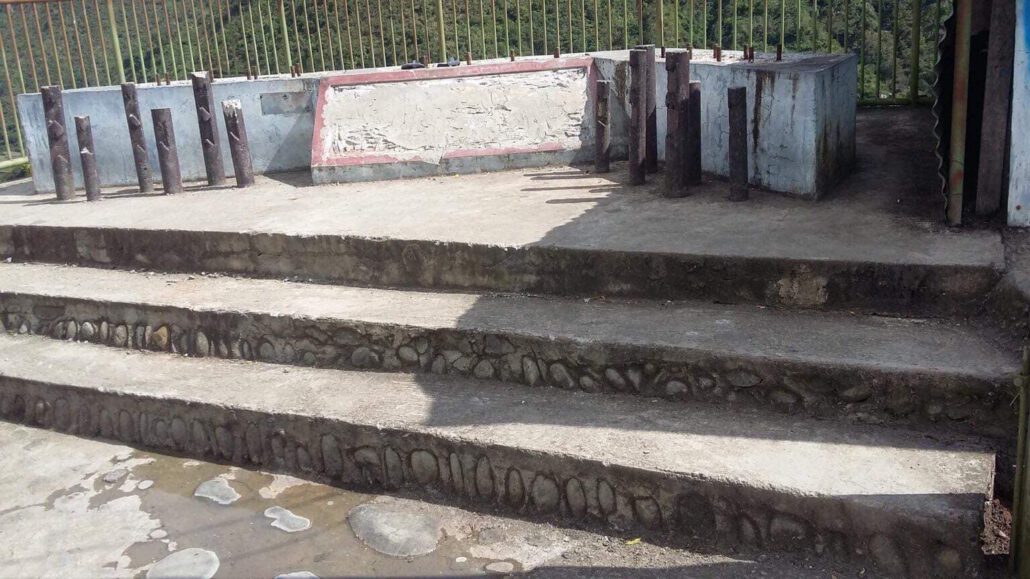By TMK
www.nordis.net
TABUK CITY, Kalinga — About 150 drivers, operators and commuters launched a protest action against the implementation of the jeepney phase out program by the current administration on July 9, 2018 here in the city center.
The first ever protest of the transport sector in the city commenced with a protest caravan of about 40 jeepneys from Bulanao in front of the Provincial Hospital towards the City hall in Dagupan, Tabuk city with MPT, streamers and calls to denounce the jeepney phase out of the present government administration which is an attack to their lives and livelihood.
Marching around the the city center, the protesters trooped to the Sangguniang Panlungsod Session hall to present before the city legislators their criticisms and position paper on the Jeepney modernization program through the Department Order No. 217-011 or the Omnibus Franchising Guidelines released by the Department of Transportation (DoTr) on June 19, 2017.
The said protest was organized and led by the Kalinga Federation of Jeepney Operators and Drivers Associations (KaFeJODA) a newly formed federation of different small associations of public transport groups in the province. Whereas, the commuters especially from the basic sector- farmers welcomed the activity and mobilized themselves to participate in the protest action believing that in the end, it is them who will surely suffer the consequences and effect of this jeepney phase out.
The drivers, operators and commuters out rightly opposed the plan of the Duterte government to modernize the public transport wherein by the end of 2020 the current jeepney will be replaced by either solar a powered jeep, electronic jeeps and/or Euro IV engine jeeps.
“Dakami nga babassit nga jeepney operators ken drivers agraman maapektaran nga umili ditoy Kalinga ket saan mi a palubusan ti kayat ken panggep ti administrasyon ni Duterte nga i-modernize wenno sukatan dagiti pampubliko nga transportasyon. Kontra kami iti jeepney phase-out gapu ta dakami ti number 1 nga maapektaran. Patayen na ti pangkabiagan mi nga babbassit nga operators ken drivers,” the KaFeJODA statement read.
(We the small jeepney operators and drivers together with the affected people of Kalinga are not in favor on the plan of the Duterte administration to replace the public transportation vehicles, we are against the jeepney phase out because we wil be the first ones to be adversely affected. It will kill our source of livelihood.)
“First and foremost, we the small operators and drivers cannot afford these expensive jeeps they are trying to introduce ranging from eight hundred thousand up to 1.6 million pesos. Furthermore, these type of jeeps are not applicable here in the province considering the mountainous terrain,” the statement further read.
The operators and drivers belied the modernization program of the Duterte government and said, “instead, it is but another strategy of the capitalist corporations to monopolize and corporatize the public transportation system for their super profits.
They also claimed that this program is a disaster to their livelihood that would slump them to poverty. Through the fleet consolidation scheme of the PUV modernization, it will displace most of the current drivers/operators who are single operator units.
“Maawanan kami iti kontrol iti bukod mi a lugan ken prangkisa gapu ta maikonsentra kadagiti korporasyon ken babaknang nga isu da metlaeng ti makabael a makagatang iti minimum 15 units kadagitoy a lugan.” (“we no longer have control over our own jeeps and franchise since it will be concentrated to the corporation and rich businessmen who also are the only ones who can afford to buy a minimum of 15 units of these type of jeeps” the statement also read.
On the other hand, the city legislators welcomed and accommodated the protesters in their regular session. The protesters presented before the legislators their position paper asking the city councilors to support their plea via resolution to suspend the implementation of the Department of Transportation department order and the current transport system at status quo.
The legislators expressed that they cannot supersede any memorandum released from the national, however they assured to look into it and make an action to address the pressing issue. The city legislative body through the Committee on Transportation shall review and study the Department Order and Memorandum Circular No. 2018-008. The legislators also seconded the motion of Hon. Zoraida Wacnang to invite the KaFeJODA to sit during the review and study the said Department Order.
Meanwhile, the protesters felt dismayed upon their observation that the city councilors are obviously not so aware of the issue of the jeepney phase out. #nordis.net




